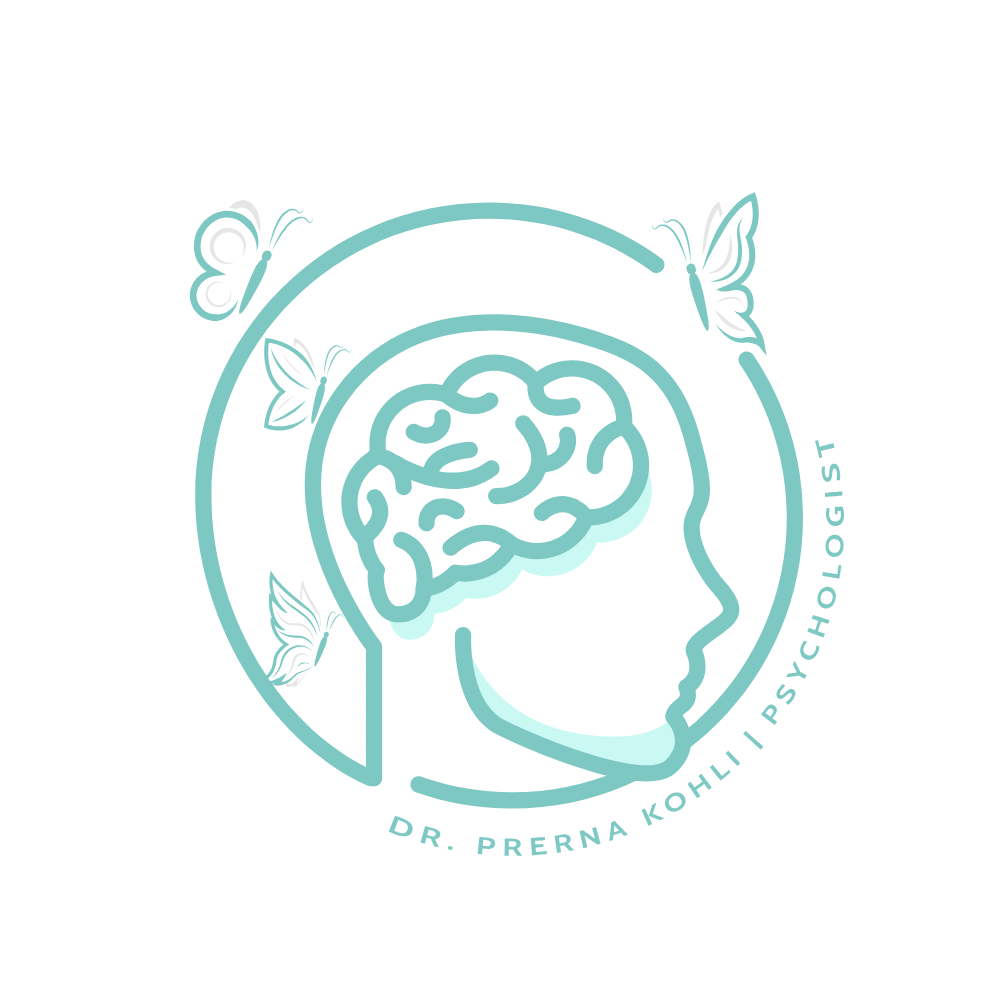
Protecting Your Brain As You Age
The most dreaded consequence of aging is mental slow-down and this is becoming more and more common-place. It starts with the occasional ‘slip’ in memory all the way through to affecting your speed, perception, reasoning and eventually the size of the brain as we go well into the 70s and 80s.
However, there’s good news. You are in control and this is totally avoidable. You can be as sharp as when you were in your 20s all through your life if that be your choice. We are sure we got all your attention. So, let’s look at the steps on how you can help yourself achieve this:
Control is yours:
It is very important to believe that you have total control over this so-called aging process. That belief helps you seek out activities to make it a reality. Alternatively, believing that you have less control or no control at all creates anxiety and thus negatively affects your performance, thus turning it into a self-fulfilling prophecy.

Stimulate:
Neural-plasticity is a thing of truth. You can actually grow your brain provided you keep challenging it. Take on those quizzes, puzzles and mentally stimulating or creative activities like painting, arts, craft or formulating and using new strategies at work. Brains are like any tool, it seems. You sharpen and use: It remains brilliant. You don’t use it: It rusts.
Sweat it out:
Exercise increases the number and strength of blood cells that bring oxygen to the brain and also improve the number of nerve cells and the quality of synapses between them. It also lowers blood pressure, improves cholesterol levels, fights diabetes, and reduces mental stress, all of which can help your brain as well as your heart.
Diet:
This forms one other important component in the recipe to brain health. Eat right kind of nutritional. Avoid heavy calorie and low nutritional quality foods like fast-foods and unhealthy snacks. Go for whole meals and focus on the B vitamins (folic acid, B6, B12). These are proven to be effective means of avoiding the risk of Alzheimer’s and dementia. Fortified cereals and green leafy vegetables are good sources of these vitamins.
BP, Sugar, and Cholesterol:
Keep a check on all the three and keep them in healthy balance so as to not go too low or shoot up too high. All the three are proven risk factors for brain-related diseases. and consult with psychologist

Substance-abuse:
Alcohol, tobacco, and drugs must be avoided at all costs if you are starting to see signs of ‘slow-down’. If however, you cannot stop it altogether, it makes sense to bring it under healthy control like 1 standard drink per day etc.
Socialize:
Keep building and renewing and reconnecting with your social connections. No matter what your age, even if children left you etc., you still have space in the world of social connections. Find your tribe and live a life of fun and fulfillment.
Mental health and relaxation:
Proper mental and emotional balance and a body that is well-rested go a long way in avoiding the risk of declining brain functions. Moods and emotions quite literally narrate the quality of our life today and far into the future.
Wear the helmet:
Yes. You read it right. In all cases where you are at risk, protect your head from accidents. Ex: Construction sites, roads etc. Head injuries accelerate the chance for age-related brain disorders so it’s best to be cautious.


